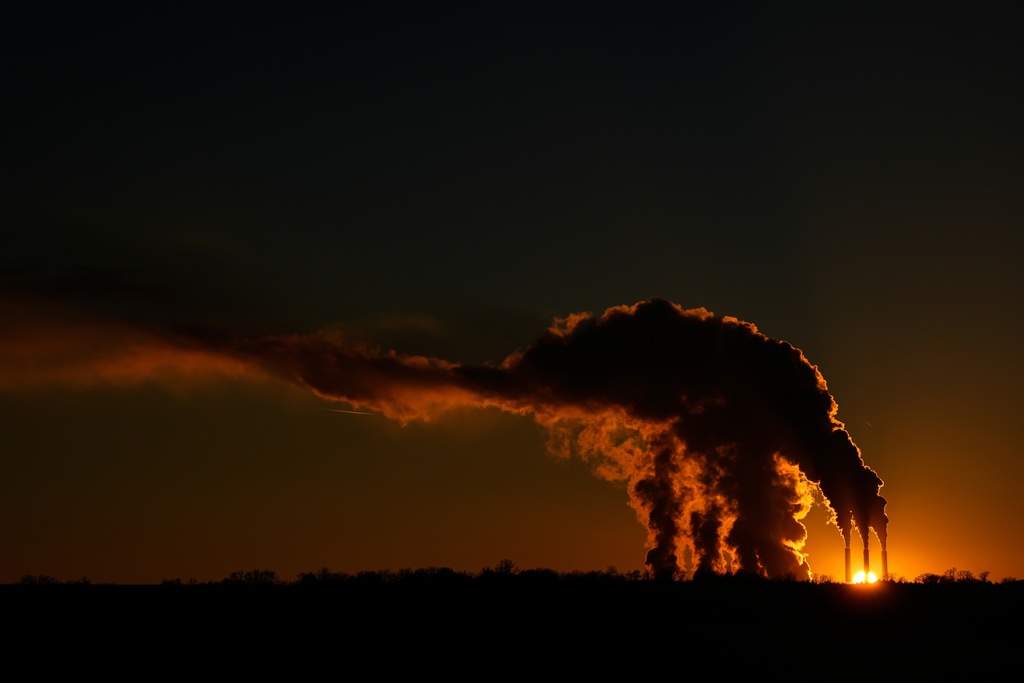A study released Wednesday found that at least 50 million people in Pakistan are at risk for arsenic poisoning from contaminated water.
Arsenic is a naturally occurring element sometimes found in soil. In high doses, it can cause cancers, skin disorders, abnormal heart rhythms and even death. There's no cure for arsenic poisoning.
Experts say levels of the pollutant along the Indus River are much higher than the levels determined safe by the World Health Organization.
Pakistan has been struggling to provide clean water access. A 2016 survey of almost 3,000 water sources in the country found around 70-80 percent of them contained water that was contaminated or unsafe for drinking.
And thanks to a population boom over the past few decades, farmers have begun overpumping groundwater.
They have to use more water than is typically necessary due to outdated infrastructure, and that can lead to arsenic contamination in underground aquifers.
Some researchers aren't sold on the study's impact yet. One professor told the BBC that if the study's estimate of the affected population is correct, its estimate of the number of people at risk globally should be much higher.
The study calls for testing arsenic levels for every water well in the Indus River Valley.




 Why It's So Hard To Get Everyone Access To Clean Water
Why It's So Hard To Get Everyone Access To Clean Water






